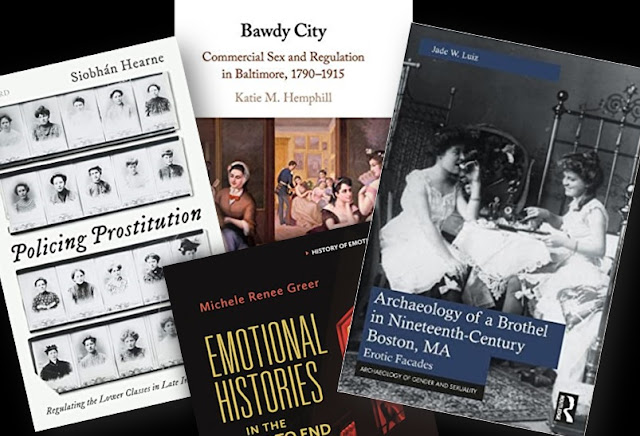Terminology: from whore to sex worker

'Words have the power to shape our thinking about human worth in profound ways.' Historian dr. Katie Hemphill said it perfectly in her new book . It reminded me of a publication where women who provided sexual services for payment were consistently referred to as whores . A phrase that in current times has the same negative association as tart, floozy, tramp, fallen woman, or hooker. For that reason, I always preferred: prostitute . But nowadays this word has become synonymous with trafficking and violence towards women. Governments, therefore, have adopted the expression sex worker . These terms can be found when accessing government records in the archives. It does not mean, however, that through time, the definitions have been similar. For this reason, it is vital to understand past interpretations. How are the women who provided sexual services described in formal Dutch archive resources?
.jpg)



